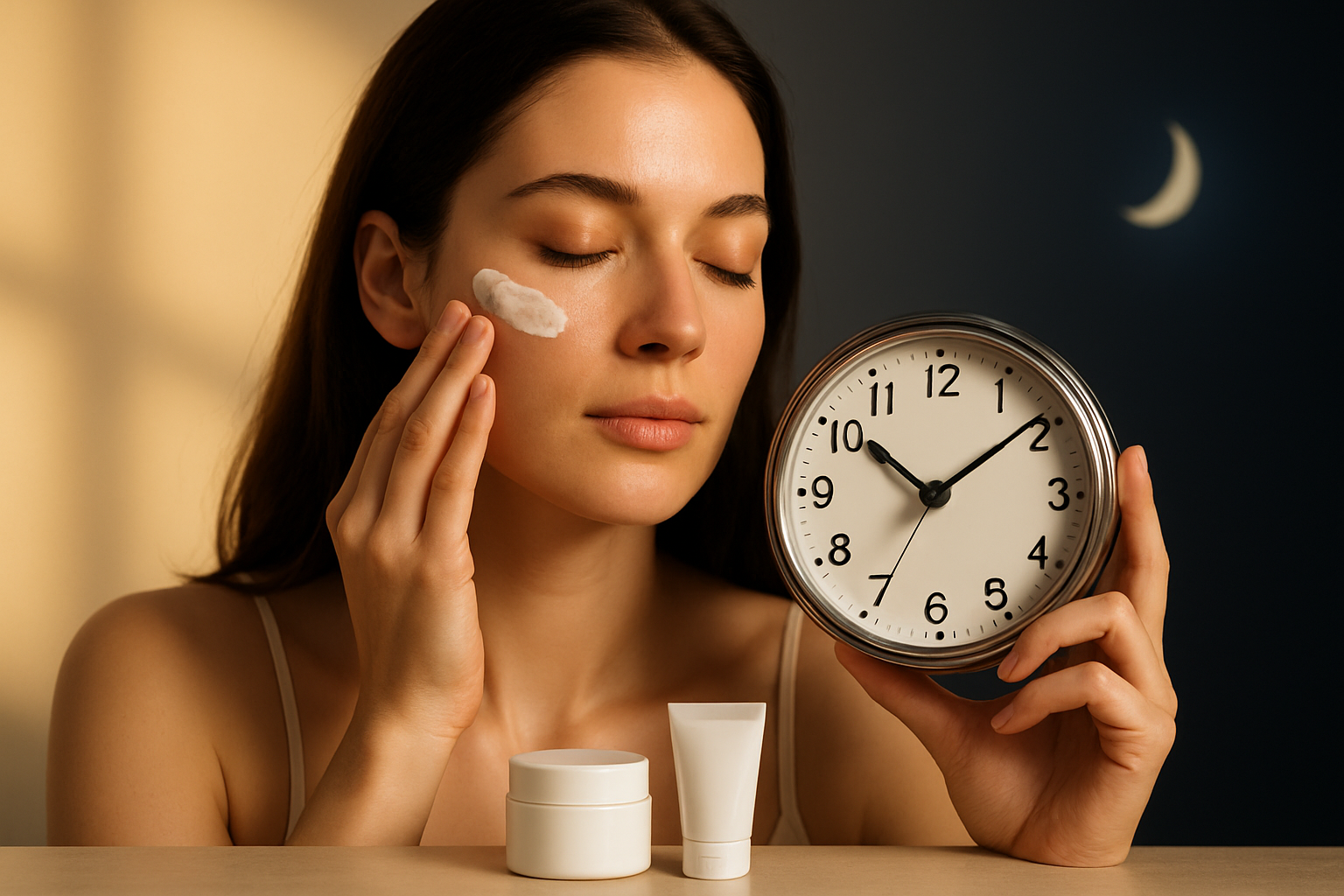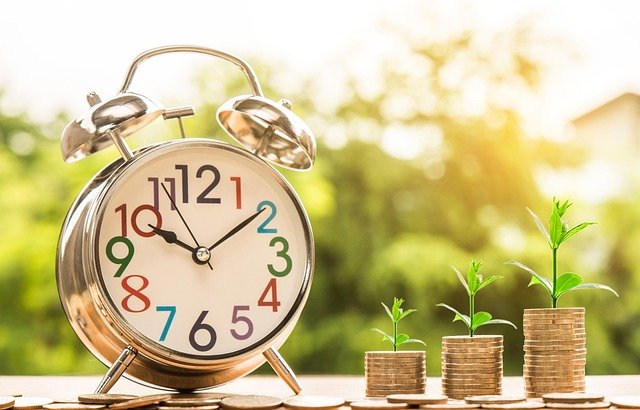Chronobiology: Aligning Your Life with Your Internal Clock
In a world that never sleeps, we often overlook the intricate rhythm within our bodies. Have you ever wondered why you feel energized at certain times of the day and sluggish at others? The answer lies in the fascinating field of chronobiology. This cutting-edge science explores how our internal biological clocks influence everything from our sleep patterns to our metabolic health.

The Science of Circadian Rhythms
At the heart of chronobiology are circadian rhythms, the roughly 24-hour cycles that govern various physiological processes in our bodies. These rhythms are controlled by a master clock in the brain called the suprachiasmatic nucleus (SCN), located in the hypothalamus. The SCN receives light signals from the eyes, which help synchronize our internal clock with the external environment.
Circadian rhythms influence numerous bodily functions, including hormone production, body temperature regulation, and the sleep-wake cycle. They also play a crucial role in metabolism, cognitive function, and immune system activity. Understanding these rhythms can provide valuable insights into optimizing our daily routines for better health and performance.
Chronotypes: Are You a Lion, Bear, Wolf, or Dolphin?
Recent research in chronobiology has identified four main chronotypes, each with distinct energy patterns throughout the day. These chronotypes, playfully named after animals, can help individuals understand their natural rhythms and tailor their schedules accordingly:
Lions: Early risers who are most productive in the morning
Bears: Follow the solar cycle, peaking in productivity during midday
Wolves: Night owls who find their groove in the evening hours
Dolphins: Light sleepers with irregular sleep patterns
Identifying your chronotype can be a game-changer in planning your day. By aligning your most demanding tasks with your peak energy periods, you can maximize productivity and reduce stress.
Chrono-Nutrition: Timing Your Meals for Optimal Health
The field of chrono-nutrition explores how the timing of our meals impacts our health. Our digestive system, like other bodily functions, follows a circadian rhythm. Research has shown that eating in sync with our internal clock can improve metabolic health, weight management, and even reduce the risk of chronic diseases.
For instance, studies suggest that consuming larger meals earlier in the day and lighter meals in the evening can lead to better weight control and improved insulin sensitivity. Additionally, maintaining consistent meal times helps reinforce our body’s natural rhythms, potentially enhancing overall health and well-being.
Chronotherapy: Treating Diseases Based on Biological Rhythms
Chronotherapy is an emerging field that applies chronobiological principles to medical treatments. This innovative approach considers the body’s natural rhythms when administering medications or therapies to maximize effectiveness and minimize side effects.
For example, research has shown that the timing of chemotherapy can significantly impact its efficacy and side effects. Similarly, blood pressure medications may be more effective when taken at night, aligning with the body’s natural blood pressure rhythms.
Chronotherapy also extends to light therapy for mood disorders and sleep disorders, demonstrating the potential of chronobiology in revolutionizing various aspects of healthcare.
Practical Applications of Chronobiology in Daily Life
Understanding and applying chronobiological principles can lead to significant improvements in various aspects of our lives. Here are some practical ways to incorporate chronobiology into your daily routine:
-
Maintain consistent sleep and wake times, even on weekends
-
Expose yourself to natural light early in the day to reinforce your circadian rhythm
-
Plan your most challenging tasks during your peak energy hours based on your chronotype
-
Practice time-restricted eating, limiting food intake to a 10-12 hour window
-
Avoid blue light exposure from electronic devices in the evening
-
Create a relaxing bedtime routine to signal to your body that it’s time to wind down
Chronobiology Quick Facts
-
The Nobel Prize in Physiology or Medicine was awarded in 2017 for discoveries of molecular mechanisms controlling circadian rhythms
-
Jet lag occurs when our internal clock is out of sync with the external environment
-
Plants also have circadian rhythms, which influence their growth and flowering patterns
-
Shift work that disrupts natural circadian rhythms has been linked to increased health risks
-
The human body temperature varies throughout the day, typically peaking in the late afternoon
-
Melatonin, often called the sleep hormone, is naturally produced by the body in response to darkness
As we continue to unravel the mysteries of our internal clocks, the potential for improving our health and well-being through chronobiology becomes increasingly evident. By aligning our lifestyles with our natural biological rhythms, we can unlock new levels of vitality, productivity, and overall wellness. The key lies in listening to our bodies and respecting the intricate dance of our internal timekeepers.






